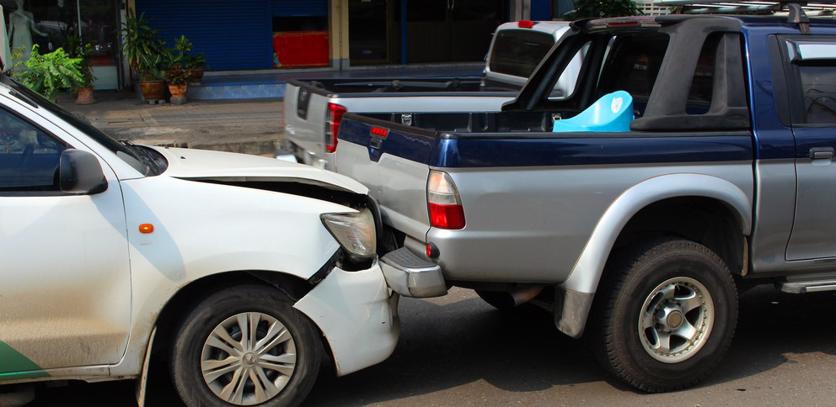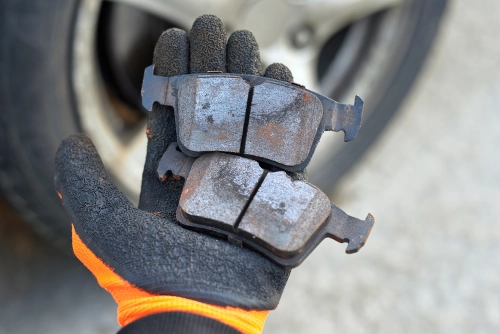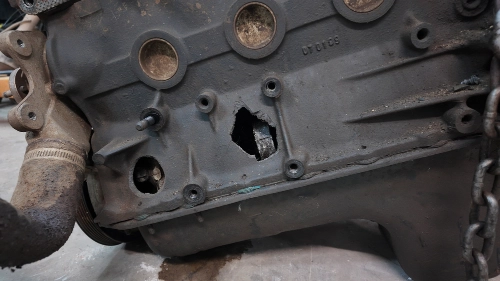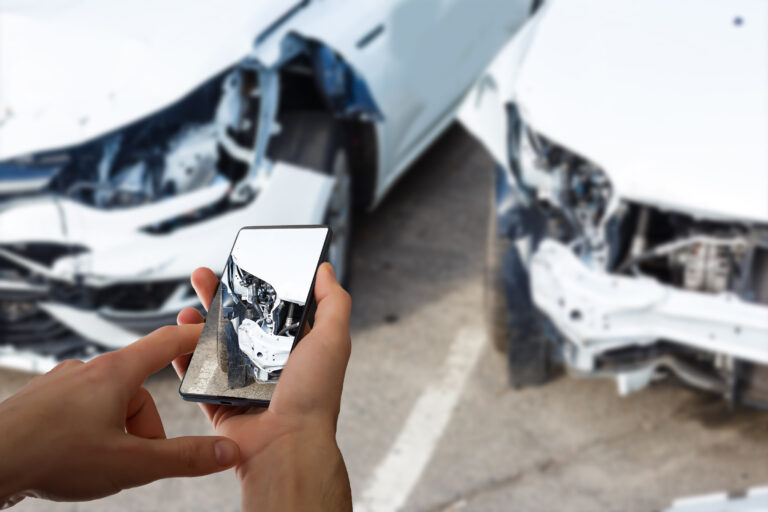Keeping your vehicle in good working condition is essential not only for your safety but also for your legal standing in the unfortunate event of a car accident. What some may overlook is that poor vehicle maintenance can have a significant impact on an accident claim, potentially reducing your chance for compensation or complicating the liability determination. This blog will discuss how vehicle maintenance is linked to car accident claims, what role it plays in determining fault, and why proper upkeep is essential for a smoother claims process.
The Importance of Vehicle Maintenance in Preventing Accidents

Most people understand that regular vehicle maintenance is crucial for safety on the road. Routine checks on brakes, tires, lights, steering, and other essential systems minimize the risk of accidents. According to the National Highway Traffic Safety Administration (NHTSA), nearly 2% of all motor vehicle accidents are related to mechanical failures, which include issues like brake malfunctions, tire blowouts, or poor steering control.
For instance, a vehicle with worn-out brake pads is more likely to be involved in a rear-end collision due to longer stopping distances. Similarly, underinflated or overinflated tires increase the risk of blowouts and subsequent loss of vehicle control, especially at high speeds. When such issues contribute to an accident, the investigation may reveal that poor maintenance was a factor, which can influence the accident claim.
How Vehicle Maintenance Can Influence Liability in a Car Accident Claim

Liability in car accident claims often hinges on proving negligence or fault. When vehicle maintenance is subpar, it could become a critical factor in determining liability. If an accident is caused, or worsened, by a failure to maintain the vehicle, the owner might share some of the fault—even if another driver primarily caused the accident.
- Owner Responsibility for Road Safety: Vehicle owners are generally responsible for ensuring their cars meet safety standards. This includes regularly checking the brakes, tires, and lights, among other critical parts. If your car’s poor condition directly contributed to the accident, you could be seen as partially liable, which could affect the amount of compensation you’re entitled to receive under comparative negligence laws.
- Mechanical Failure as a Defense for the Other Driver: In a car accident claim, the other driver might argue that your vehicle’s poor condition contributed to the accident, even if they were initially at fault. For example, if a malfunction in your car’s lighting system made it difficult for other drivers to see you, this could reduce their liability. In cases where the mechanical defect significantly contributed to the accident, your car accident lawyer might face difficulty proving the other driver’s fault or obtaining full compensation.
Common Maintenance-Related Issues That Affect Claims

While any form of poor maintenance can impact a car accident claim, some vehicle issues are more likely to cause problems in an accident investigation. Here are the most common maintenance-related factors that might complicate a claim:
- Brake System Issues: Brakes are arguably the most critical part of a car’s safety system. Worn or faulty brakes reduce stopping power, increasing the likelihood of rear-end collisions. If it’s found that your brakes were in poor condition at the time of the accident, you might be held partially responsible, even if the other driver was speeding or following too closely.
- Tire Condition: Tires affect your car’s handling, traction, and braking. Underinflated or worn-out tires can cause blowouts, which can lead to loss of control and serious accidents. If tire issues contributed to the accident, you could be seen as partially liable, especially if the tire condition was preventable.
- Headlights and Brake Lights: Lights are essential for visibility and communication with other drivers. A non-functioning headlight or brake light can make it difficult for other drivers to judge your actions or spot your car in low-light conditions, raising the likelihood of collision. Faulty lighting equipment could put a portion of the liability on you in an accident claim.
- Steering and Suspension: Poor alignment, worn shocks, or loose steering can lead to erratic handling and increase the risk of accidents. If it’s discovered that these conditions contributed to the crash, insurance companies may argue that you bear part of the responsibility.
Proving Maintenance Negligence in Court

In cases where vehicle maintenance is called into question, accident investigators and legal teams may examine service records, conduct vehicle inspections, and consult with mechanics. If a record shows missed maintenance or faulty parts that should have been repaired, it could reduce your chances of recovering full damages in a claim.
- Evidence Collection: Attorneys may collect maintenance records to determine if the vehicle was in a neglected state. These records can help show whether you have kept up with the car’s maintenance schedule or neglected it, which will weigh into your case.
- Expert Witness Testimony: In some cases, an accident reconstruction expert or mechanic may testify to how a lack of maintenance contributed to the accident. Their analysis can be particularly useful in complicated cases where mechanical failure may have compounded the accident’s severity.
Steps You Can Take to Protect Your Rights
Understanding the importance of vehicle maintenance for both safety and liability is essential for all drivers. Here are some steps you can take to protect yourself and avoid issues with car accident claims:
- Stay on Top of Regular Maintenance: Following a regular maintenance schedule is the most important step. Keep up with oil changes, brake checks, tire rotations, and light replacements. Keeping a maintenance log can also be beneficial for documentation purposes if an accident does occur.
- Document Your Maintenance History: Always keep records of repairs and maintenance. This documentation can serve as evidence that you took reasonable steps to ensure your vehicle was safe to drive, which can be useful in case of an accident investigation.
- Be Proactive About Recalls and Repairs: Vehicle manufacturers often issue recalls for safety-related repairs. Address recalls immediately to minimize any potential for liability if those parts later contribute to an accident.
- Perform Pre-Trip Inspections: Especially for longer drives, perform a quick safety check. Verify that your tires, lights, and brakes are in good working condition before you set out.
Final Thoughts
Vehicle maintenance does more than ensure your car runs smoothly—it also protects you legally. In the event of an accident, a well-maintained vehicle can help you avoid partial liability claims and establish a strong case for compensation. Conversely, if maintenance issues contribute to the accident, they can weaken your claim and reduce the compensation you receive.
If you’ve been in an accident where vehicle maintenance is a concern, consulting with an experienced car accident attorney like The Super Lawyer can make a significant difference. An attorney can help investigate the cause of the accident, gather evidence, and advocate for your rights, ensuring that maintenance-related liability doesn’t prevent you from receiving the compensation you deserve.



